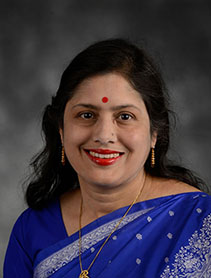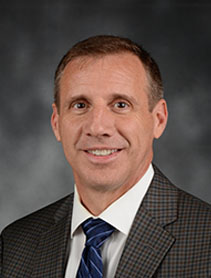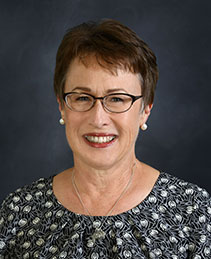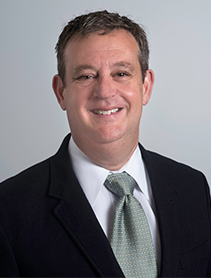Projects and Initiatives
The Institute is currently developing the below projects and initiatives.
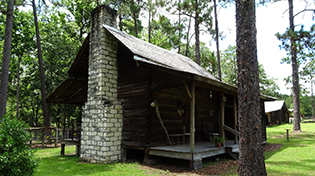
Florida Panhandle National Heritage Area
Florida Panhandle National Heritage Area Feasibility Study is a project that aims to designate a National Heritage Area in the Florida Panhandle. We encourage all the stakeholders to join us in this wonderful initiative that can result in sustainable preservation of our resources and branding the Panhandle Area nationally. During the next year, Dr. Sorna Khakzad will lead the initiative. Find out more about the Florida Panhandle National Heritage Area initiative.
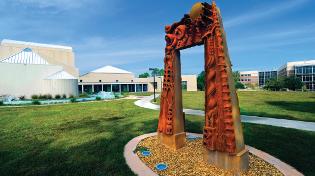
STEAM Art Installation on Pensacola Campus
Up to $500,000 has been allocated to support the production and installation of public art with a STEAM emphasis on the UWF Pensacola campus. The deadline for applications is June 30, 2018, and a complete copy of the Call to Artists can be found on the Center for Fine and Performing Arts website.
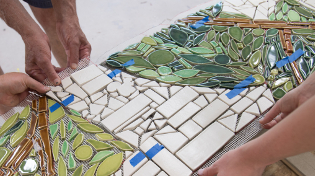
Makerspace on Pensacola Campus
The Institute is developing a makerspace, a joint venture between the UWF departments of Engineering and Art, which will integrate elements of design, engineering and art to support a creative and innovative multidisciplinary community.
The technologies at this hub will support interdisciplinary collaborations to invent, construct and design using a variety of processes spanning handcraft to digital fabrication. The facilities will include workbenches, hand tools, woodworking, silkscreen, industrial sewing, computer-aided design, 3D printers, computer operated mills/CNC, laser cutters, vinyl cutting plotters, electronics workshop and more.
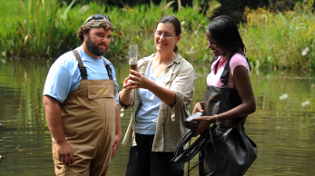
Coastal Communities
Coastal Communities will be a multidisciplinary program engaging UWF faculty, staff and students in projects and programs important to the Pensacola region. By its nature, relevant disciplines include the environmental sciences, history, the arts, archeology and communications.
There are numerous projects in the community that will provide opportunities for student research, training and high-impact practices. Among others, these projects include the Carpenter Creek Restore Act Project, seagrass monitoring efforts, Indian Creek Bayou water quality, and ongoing water quality monitoring with the Florida Bream Fishermen. These projects and others will complement the newly created Pensacola and Perdido Bay Estuary Program funded by the US EPA.
Barbara Albrecht has been hired as the Coastal Communities Program Coordinator to serve as liaison between the University and community members and stakeholders to facilitate UWF participation in addressing issues of local concern.
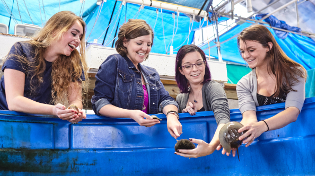
Faculty Fellows
The objective of the Fellows program is to enhance, support and increase scholarly activities of UWF faculty. Applications are being solicited for the first AIMS Fellows to start in the Fall 2018. Recipients will receive up to three years of support to increase productivity in scholarly activities. Successful candidates will have a reduced teaching load to one course per semester and up to $10,000 per year to support their efforts. The application is open to all tenure earning or tenured faculty at the University of West Florida, regardless of rank. One Fellow from each Academic College may be selected.
The first five Askew Institute Faculty Fellows have been named. The objective of the Fellows program is to enhance, support and increase scholarly activities of UWF faculty. The first Fellows will start in Fall of 2018. Each is receiving a reduction in teaching assignment to one course per semester. Each Fellow will also have up to $10,000 per year to support their efforts. The Fellows are:

Dr. Peter Memiah



